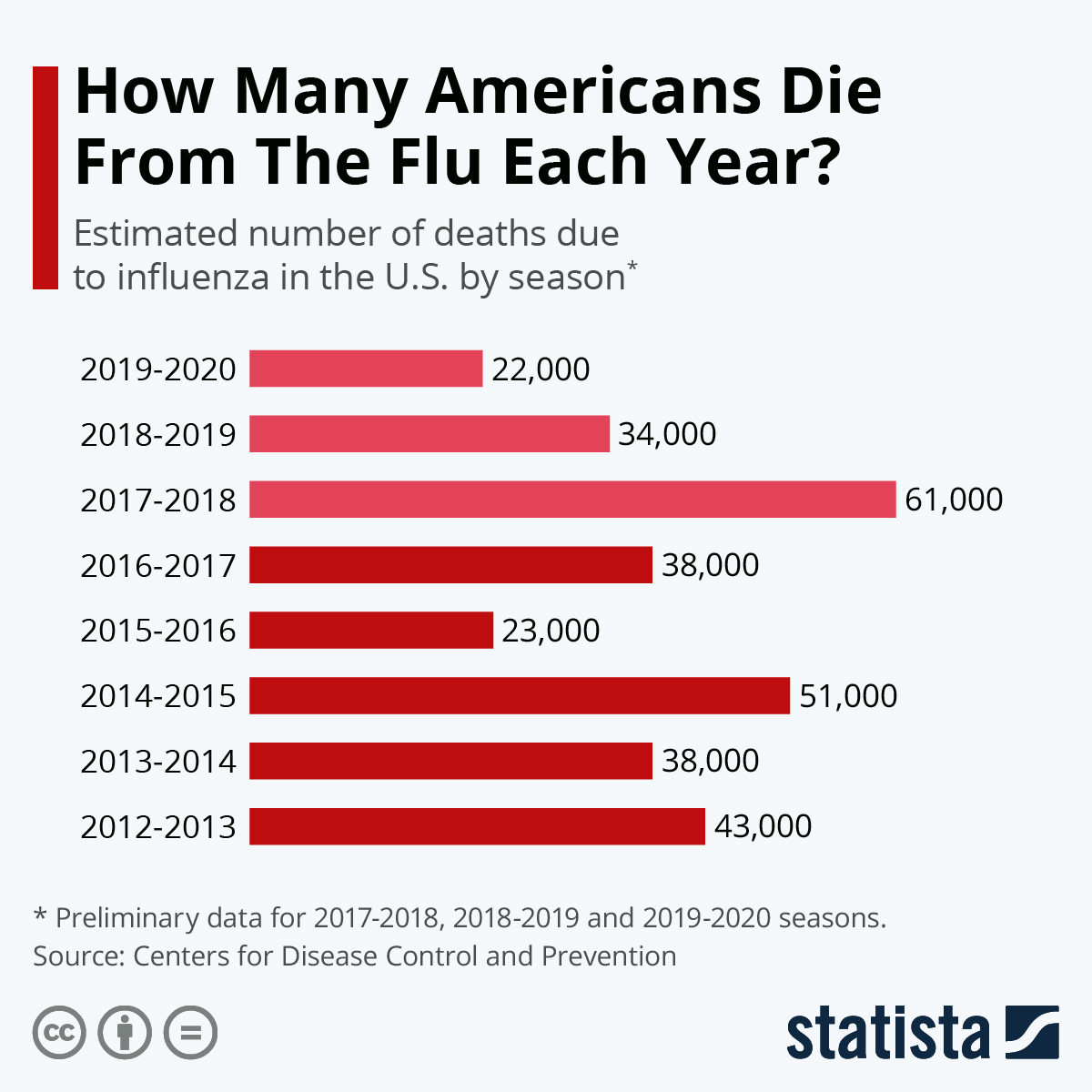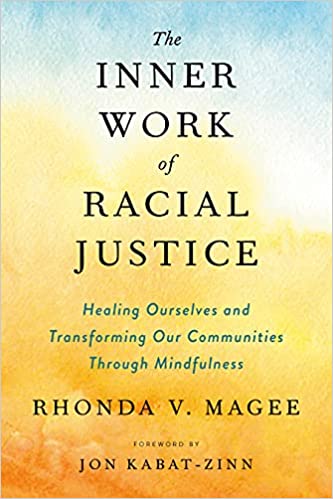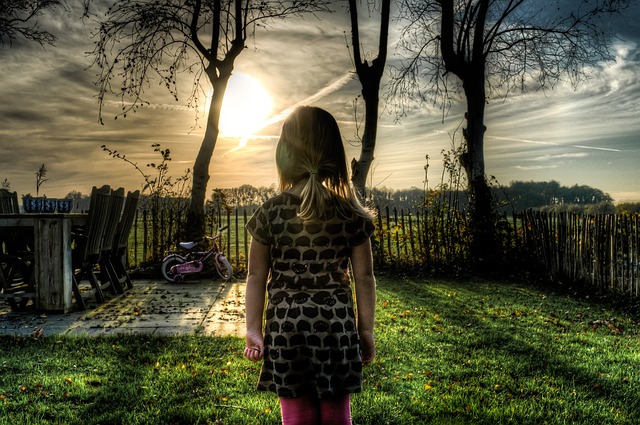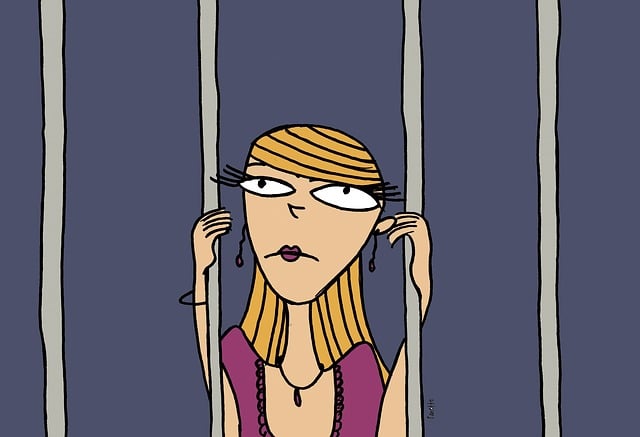The White House lies again. As of today, COVID-19 deaths are over 210,000. The current administration must get their facts straight.
 You will find more infographics at Statista
You will find more infographics at Statista

The White House lies again. As of today, COVID-19 deaths are over 210,000. The current administration must get their facts straight.
 You will find more infographics at Statista
You will find more infographics at Statista


In a society where unconscious bias, microaggressions, institutionalized racism, and systemic injustices are so deeply ingrained, healing is an ongoing process. When conflict and division are everyday realities, our instincts tell us to close ranks, to find the safety of those like us, and to blame others. This book profoundly shows that in order to have the difficult conversations required for working toward racial justice, inner work is essential. Through the practice of embodied mindfulness–paying attention to our thoughts, feelings, and physical sensations in an open, nonjudgmental way–we increase our emotional resilience, recognize our own biases, and become less reactive when triggered.
As Sharon Salzberg, New York Times-bestselling author of Real Happiness writes, “Rhonda Magee is a significant new voice I’ve wanted to hear for a long time—a voice both unabashedly powerful and deeply loving in looking at race and racism.” Magee shows that embodied mindfulness calms our fears and helps us to exercise self-compassion. These practices help us to slow down and reflect on microaggressions–to hold them with some objectivity and distance–rather than bury unpleasant experiences so they have a cumulative effect over time. Magee helps us develop the capacity to address the fears and anxieties that would otherwise lead us to re-create patterns of separation and division.
It is only by healing from injustices and dissolving our personal barriers to connection that we develop the ability to view others with compassion and to live in community with people of vastly different backgrounds and viewpoints. Incorporating mindfulness exercises, research, and Magee’s hard-won insights, The Inner Work of Racial Justice offers a road map to a more peaceful world.


Many people view their comfort zone as a wonderful and cozy place where life is easy, familiar, and totally risk-free. While this may sound like an ideal environment, it’s impossible to grow as a person if you stay inside your comfort zone because there are no opportunities to try new things, make mistakes, experience failure, and learn from those experiences. If you expect to grow, you must step outside your comfort zone. Only there can you try new things, face new challenges and make new friends. Yes, you will experience some stress and anxiety, but you will become a more confident, capable, interesting, and resilient person. You will also add a dimension of fun and excitement to your life.


Far too many people worry about what other people think of them. Instead of living their life on their own terms doing things that bring them joy and happiness, their primary motivation is to impress others. This determines the kind of car they drive, the clothes they wear, the neighborhood they live in and so forth. Some people have even chosen a career based on other people’s expectations only to wind up being miserable in their job. As ancient Chinese Taoist philosopher Lao Tzu put it, “Care about what other people think, and you will always be their prisoner.” Life as a prisoner cannot make us happy, it only brings us feelings of inadequacy and disappointment. So, listen to your inner voice. Do what makes you happy and forget about what others think.


An article by Chelsea Bailey, which was posted on bbc.com, featured Hody Childress, a life-long resident of the small rural community of Geraldine, Alabama. Mr. Childress was known as a humble man, “who would often send handwritten get-well cards and share vegetables from his garden with neighbors.” One day, when he was in the town drugstore, he asked Brook Walker, the pharmacist, if she ever had anyone who couldn’t afford their medication. She told him that it happened quite a bit. Then Mr. Childress handed her a folded $100 bill and said, “Next time that happens, will you use this? Don’t tell where it came from, and don’t tell me who needed it, just say it’s a blessing from the Lord.” Ms. Walker thought this would be a one-time kindness, but, “It continued every single month for almost 10 years (until Mr. Childress died),” she said. “I never saw it lasting this long and he always said, ‘Keep this between us.’”
The legacy continues. After Mr. Childress passed away, the story about his altruism somehow got out and was reported in the Washington Post. Ms. Walker immediately began receiving calls from across the US from people wanting to help keep the fund going. Mr. Childress set a wonderful example that others wanted to follow—people really do care!